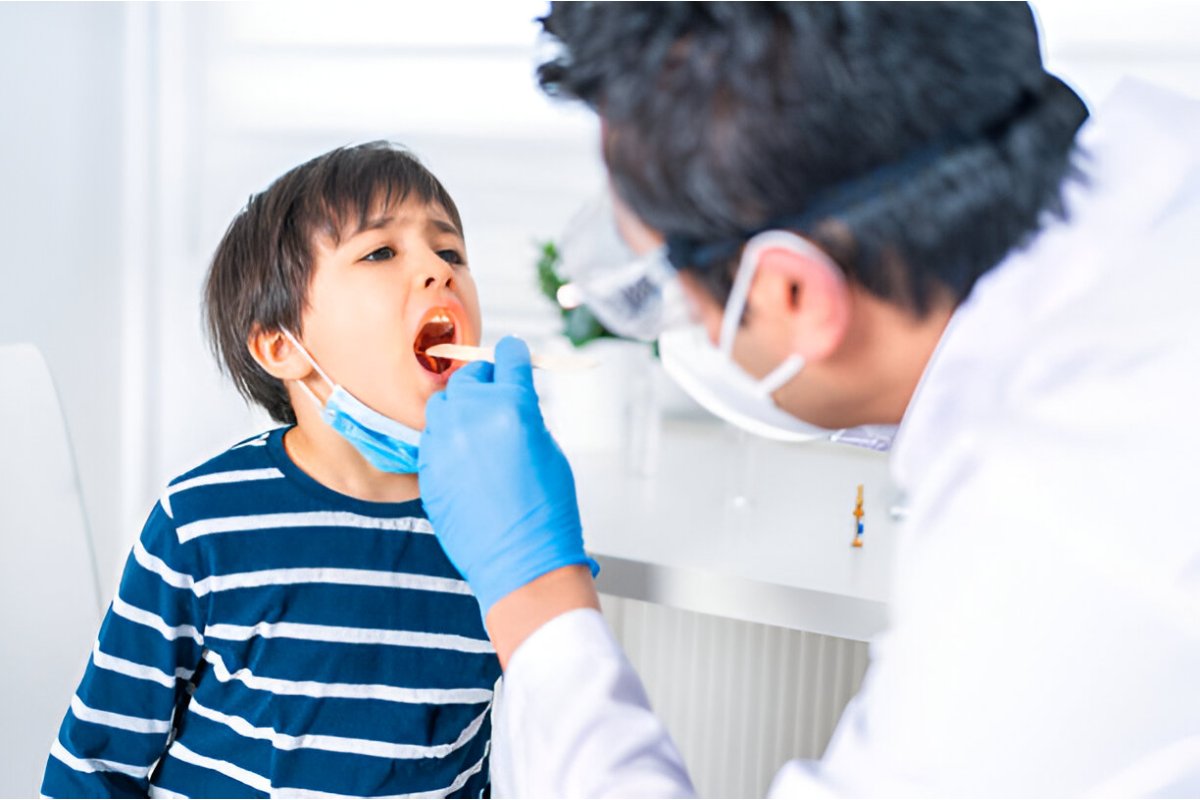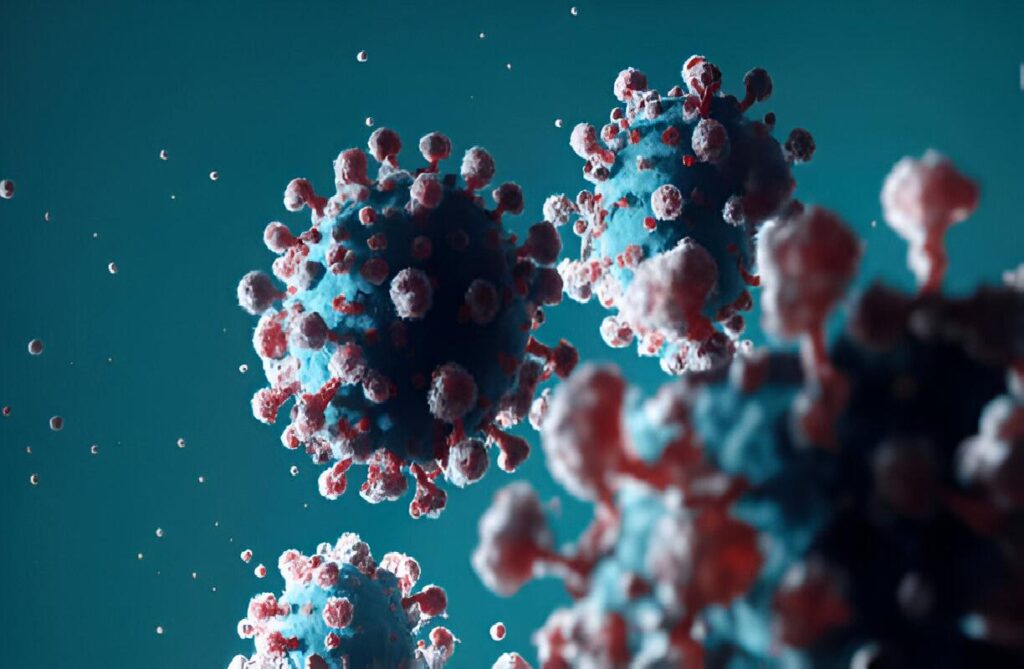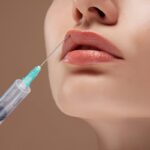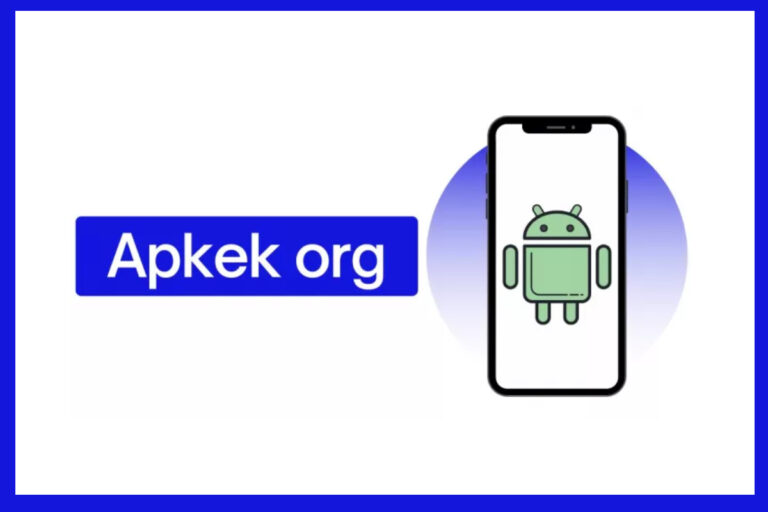New symptoms have cropped up due to COVID-19, the regular symptoms including fever, fatigue, and the novel COVID tongue. This tongue and oral cavity condition has been making researchers and clinicians sit up to be used as an initial warning of COVID-19. Here is what you need to know about COVID tongue; Its symptoms, …
COVID Tongue: An In-Depth Guide to Symptoms, Causes, and Treatment

New symptoms have cropped up due to COVID-19, the regular symptoms including fever, fatigue, and the novel COVID tongue. This tongue and oral cavity condition has been making researchers and clinicians sit up to be used as an initial warning of COVID-19.
Here is what you need to know about COVID tongue; Its symptoms, possible causes, how long it lasts, how it can be treated, and how it can be prevented.
What Is COVID Tongue?

COVID tongue relates to several oral symptoms in some patients with COVID-19 infection. Despite no direct link to COVID-19, different sources do not consider taste disturbances the first signal of the disease or at least one of the COVID-19 symptoms.
Common Symptoms of COVID Tongue:
- Discoloration: A typical form of candidiasis is white, yellow, or red formations on the tongue’s surface.
- Swelling: An enlarged or puffy tongue that may be uncomfortable to the touch.
- Lesions or Sores: Herrick compared this with painful sores or fissures along the edges of the tongue or on its sandy surface.
- Texture Changes: A rough surface, irregular and glossy or non-glossy surface.
- Burning Sensation: A tingling sensation on the tongue or the mouth, or even burning.
- Loss of Taste: Taste changes — either only for individual flavors or for all of them – which can manifest in dysgeusia.
Such symptoms may accompany other oral complications, including sticky and dry mouth, swollen gums, and smelly breath.
Possible Causes for COVID Tongue
The exact mechanisms leading to COVID tongue remain unclear, but several theories have been proposed:
1. Interaction with ACE2 Receptors
COVID-19 is caused by SARS-CoV-2, which uses ACE2 as its receptor: ACE2 is rich in the oral cavity and tongue. Such interaction can trigger some inflammatory and tissue reactions on the localized level.
2. Immune System Response
The body’s immune systems can severely react to it and cause inflammation in any part of the body, including the oral cavity. The above may cause the tongue to swell, develop lesions, or change taste buds in the mouth.
3. Secondary Infections
COVID-19 affects the immune system and makes the infection more prone to second infections like fungal infections (oral thrush) or bacterial ones.
4. Reduced Saliva Production
COVID-19 patients, many of who present with dry mouth, may experience changes in the composition of the saliva, altering the oral microbiological flora and leading to discomfort and inflammation.
5. Stress and Lifestyle Factors
Stress, poor diet, and dehydration are characteristic of illnesses and worsen oral health.
Who Can Catch COVID Tongue?
COVID tongue has been observed across various demographics, but certain factors may increase the likelihood of experiencing this symptom:
- Pre-existing Oral Health Issues: Such diseases as periodontal diseases or xerostomia.
- Weakened Immune Systems: Generally, immunocompromised sufferers tend to get secondary contagions.
- Severe COVID-19 Cases: The more severe or chronic the illness, the more individuals are likely to develop systemic/of the mouth symptoms.
COVID Tongue Symptoms Period

Due to the COVID tongue being a prodrome of the viral infection, the period that its symptoms persist differs from one person to another. Most manifestations remain as the COVID-19 infection [clarifies] over time, usually within 1–2 weeks. However, some patients have reported:
- Delayed Onset: Mild presenting symptoms that develop after the acute phase of COVID-19.
- Prolonged Symptoms: Moderate or chronic concerns lasting weeks or even months, at times due to long COVID.
Although the symptoms may take a few weeks to subside, if the condition lasts longer, it is advisable to see a doctor since other problems may be responsible for the symptoms.
Treatment for COVID Tongue
There is no cure for COVID tongue, but managing its symptoms requires care and handling of the conditions causing discomfort to the oral cavity.
1. Maintain Oral Hygiene
Clean your teeth with fluoride toothpaste at least two times a day.
A tongue cleaner should also be used to clean the coating and debris on the tongue.
Take proper care of your gums by flossing consistently.
2. Use Antimicrobial Mouthwashes
Chlorhexidine or hydrogen peroxide-containing mouth rinses may be effective against bacteria or fungal build-up in the oral cavity.
3. Stay Hydrated
Stay hydrated because your mouth becomes dry, and this is bad for your health in general as well.
4. Manage Pain and Discomfort
Take over-the-counter drugs such as ibuprofen or acetaminophen to relieve any pains that you may be experiencing.
Use topical gels or sprays intended to help with the problem of oral soreness.
5. Address Underlying Infections
If cases such as oral thrush that result from secondary infections become evident, the doctor will prescribe some antifungal agents.
6. Avoid Irritants
Avoid meals that contain spices, acids, and too much heat, as the tongue might become sensitive due to the pain.
Preventing COVID Tongue
How to prevent COVID tongue is almost synonymous with how to avoid COVID-19 in general, along with good oral hygiene.
1. Follow COVID-19 Guidelines
- Put on a mask when in a crowd or staying indoors, especially with people you do not know.
- Maintain social distancing.
- Go and get a jab and ensure you are also receiving additional boosters.
2. Practice Good Oral Hygiene
- Brush and floss daily.
- Since tartar build-up is common and could lead to other dental problems, you should have a regular dental appointment.
3. Stay Healthy
- Take foods that are well-recommended in vitamins and minerals.
- Exercise and keep away from stress as much as possible.
COVID Tongue vs. Other Conditions
COVID-19 symptoms may mimic other oral diseases. It’s important to distinguish between COVID-19 and conditions such as:
- Oral Thrush: Candidiasis causes the formation of white patches, which may have some degree of irritation.
- Geographic Tongue: Benign oral mucosa lesions resemble a map on the tongue’s surface.
- Allergic Reactions: Inflammations, redness, or enlargements produced by food or drugs.
A doctor or a dentist may, through a clinical examination, tell the exact cause of the problem.
FAQs About COVID Tongue
1. Is COVID tongue a new symptom of the coronavirus?
As for me, it is not shared or included in the official list of main symptoms of COVID-19.
2. What is the assessment used to diagnose COVID tongue?
Diagnosis is clinical; the disease is diagnosed based on the signs and symptoms of the patient. COVID tongue does not have specific diagnostic tests, but certain symptoms can be checked through tests.
3. Is COVID tongue possible for those who have received their vaccines?
Yes, but vaccination dramatically reduces the risk of developing a mild or severe form of COVID-19 and other rare symptoms such as COVID-19.
4. How is one supposed to know if the problem is COVID tongue or other oral-related problem?
Seek the help of a doctor for the correct diagnosis if symptoms do not fade or become severe.
5. Is COVID tongue contagious?
COVID tongue itself is not infectious but occurs due to COVID-19, an easily transmissible disease.
Conclusion
Despite being a rare occurrence, COVID tongue has emerged as an essential sign that proves how COVID-19 can affect us. Knowledge of this particular condition will help in early diagnosis and treatment so patients can be managed appropriately.
If you practice good oral hygiene, drink adequate water, and get medical attention when necessary, COVID tongue’s implications can be prevented or managed.
Further, by following the guidelines of safety measures for the environment and health, the public and individuals remain protected from the advancement of COVID-19 infections.








